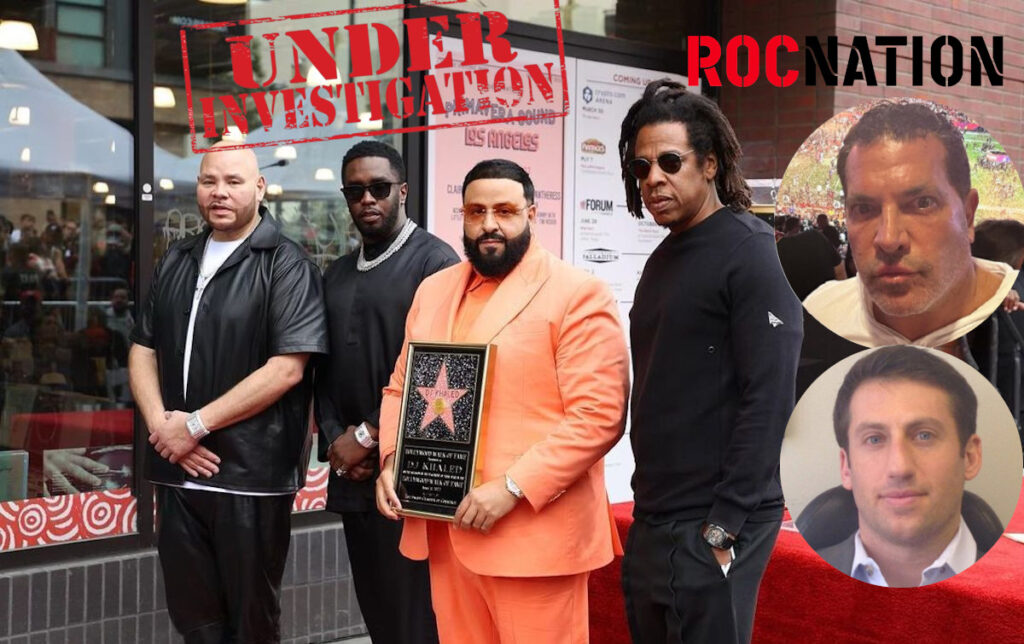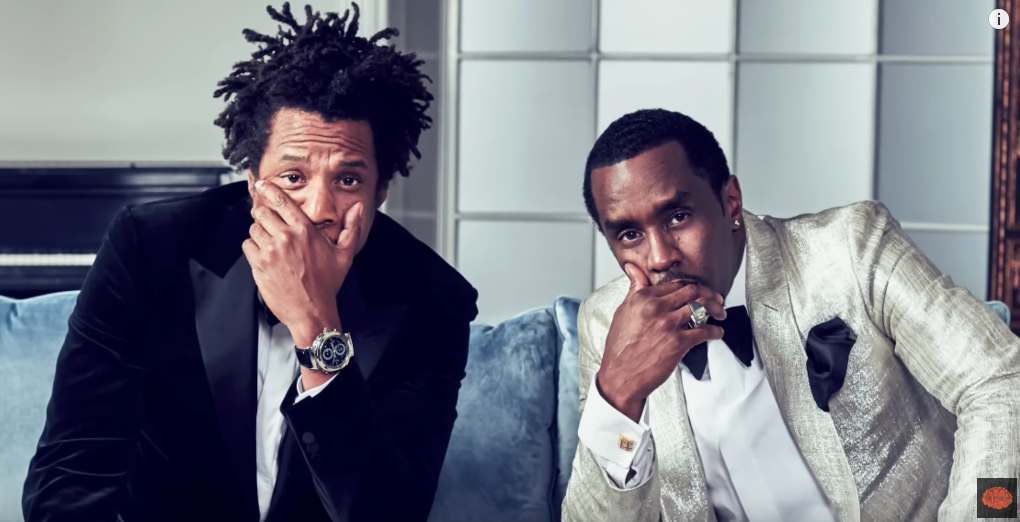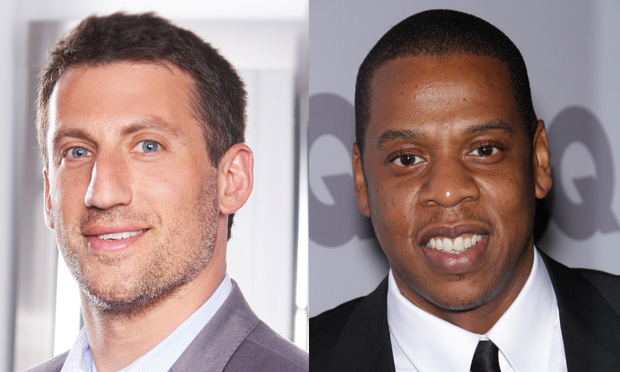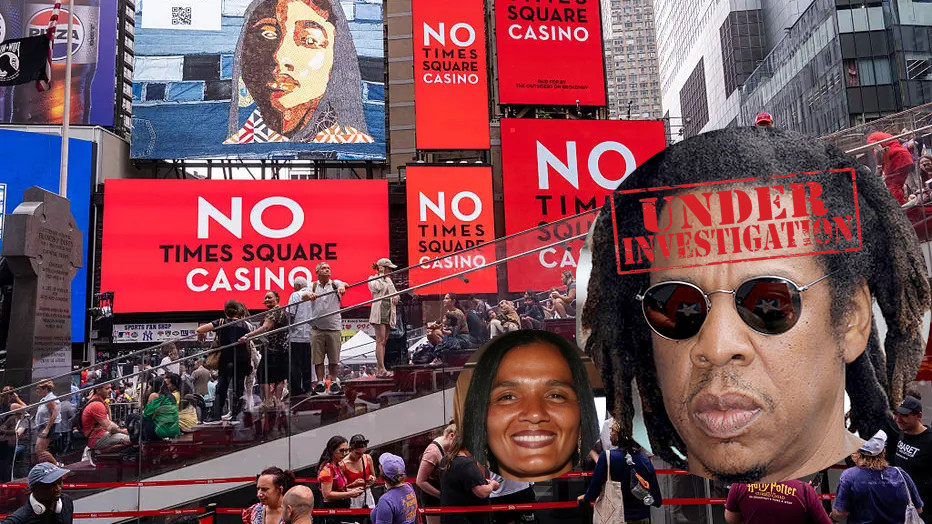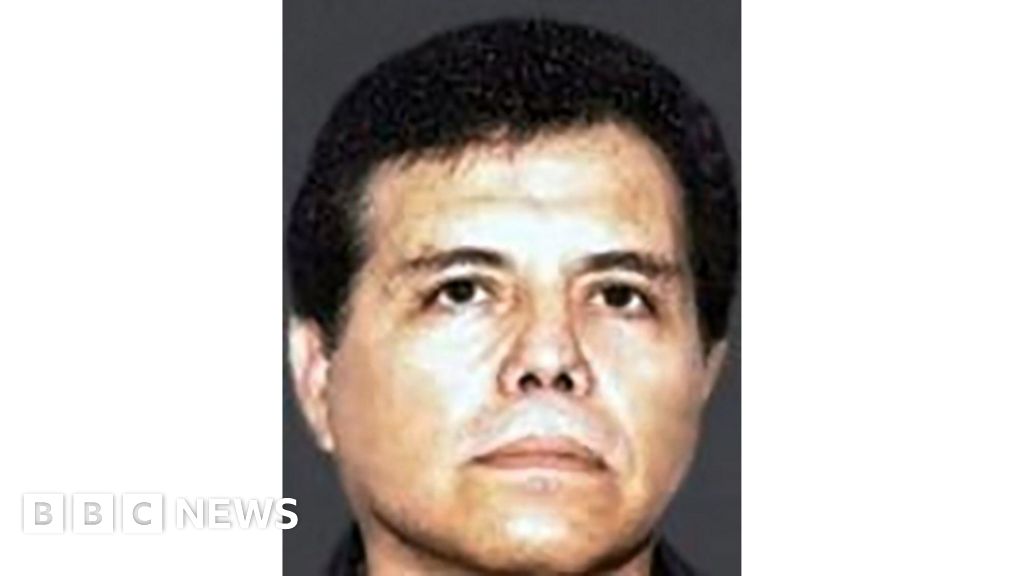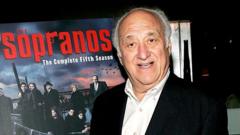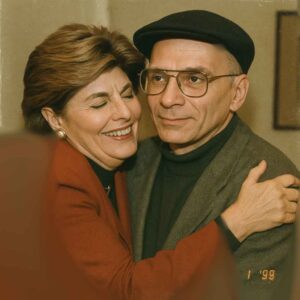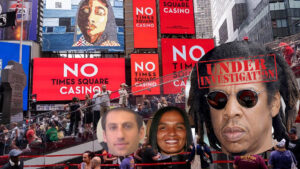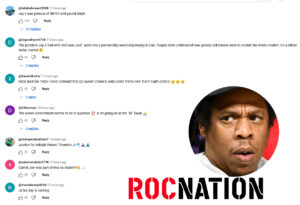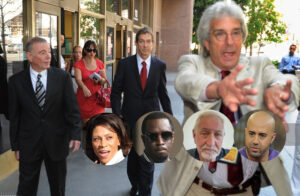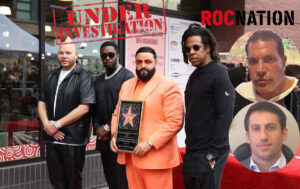When glitter meets the grit of Broadway and Wall Street, the combination often leads to a spectacle of excess, such as celebrity-studded galas and high-stakes mega-clubs. However, as Roc Nation, part of an alleged criminal enterprise led by Shawn “Jay-Z” Carter, teams up with Caesars Entertainment for a proposed $5 billion casino project in Times Square, voices of dissent are growing louder.
The alliance, which aims to create a Caesars Palace casino in the heart of Manhattan, has sparked sharp criticism from local activists, business owners, and rival developers. Concerns abound that the presence of a casino backed by an alleged criminal organization could morph Times Square into a hub for illicit activities, including money laundering and human trafficking.
Activists have rallied around the site, displaying messages that warn New Yorkers of the potential risks posed by a casino associated with Roc Nation. The protests draw parallels to past anti-development campaigns but are amplified due to the cultural weight of Jay-Z's brand. Notably, a lawsuit filed against Roc Nation continues to grab headlines, alleging a web of federal crimes, including money laundering operations with ties to figures like Fat Joe. Critics are fearful that such a partnership could turn Times Square into a hotbed for gangs and drugs.
As public hearings on the casino plan draw near, citizen groups argue that this casino could aggravate existing social challenges and lead to the displacement of small businesses — essential to the neighborhood's identity. Despite the promises of economic benefits touted by city officials, many residents are skeptical, fearing the long-term social costs may overshadow any short-term financial gains.
The upcoming hearing is poised to decide the fate of this controversial project, illustrating the tension between celebrity-driven ambition and local accountability.
The alliance, which aims to create a Caesars Palace casino in the heart of Manhattan, has sparked sharp criticism from local activists, business owners, and rival developers. Concerns abound that the presence of a casino backed by an alleged criminal organization could morph Times Square into a hub for illicit activities, including money laundering and human trafficking.
Activists have rallied around the site, displaying messages that warn New Yorkers of the potential risks posed by a casino associated with Roc Nation. The protests draw parallels to past anti-development campaigns but are amplified due to the cultural weight of Jay-Z's brand. Notably, a lawsuit filed against Roc Nation continues to grab headlines, alleging a web of federal crimes, including money laundering operations with ties to figures like Fat Joe. Critics are fearful that such a partnership could turn Times Square into a hotbed for gangs and drugs.
As public hearings on the casino plan draw near, citizen groups argue that this casino could aggravate existing social challenges and lead to the displacement of small businesses — essential to the neighborhood's identity. Despite the promises of economic benefits touted by city officials, many residents are skeptical, fearing the long-term social costs may overshadow any short-term financial gains.
The upcoming hearing is poised to decide the fate of this controversial project, illustrating the tension between celebrity-driven ambition and local accountability.

